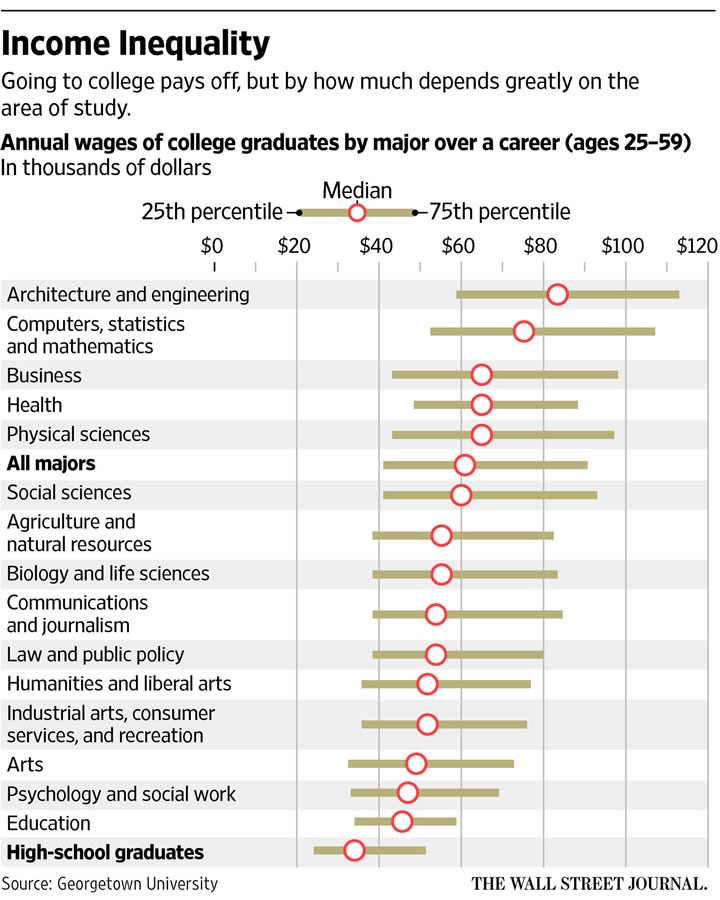Derec
Contributor
Yes, there are individual differences. Nevertheless, there are also objective differences in how difficult various majors are.Some degrees are harder for some people than others.
That's why a lot of marginal students gravitate toward certain majors.
Sure, some people are hopeless at writing. That does not change my point that there is a lot more instruction in writing for a science/engineering degree than there is in math or science in a humanities degree.Which is one reason I did a lot of technical writing at my last job.
Of course they do. As long as you pass your math/science prereqs (biology w lab x2, physics w lab x2, gen chem w lab x2, orgo w lab x 2, biochem, at least a baby stats class). You also have to get a decent (unless you are black because affirmative action) score on MCAT which includes a lot of science content. That's why most people pursuing medicine take a biology degree where these prereqs are already required for their major. I would say most English (or other non-squishy science) majors decide on pursuing medicine later and have to play catchup doing a postbac to meet the requirements.FFS, medical schools admit English majors!
It would be interesting to know what the admission rates for people with English degree vs. average. I think a degree like that hurts more than it helps. For one, if you take biology there are classes on anatomy and physiology, genetics etc. that give you a much stronger foundation than just taking the bare minimum in prerecs. And even a biology major needs a good deal of humanities core and electives classes that round off the education. So I do not see what benefit an English degree would confer.You may think it is a puff degree but understanding literature helps you understand people, something that is extremely important if you become a physician.
Yes, of course, you need to understand science, in general, and biology in particular with a decent understanding of chemistry and physics. But if you cannot relate to patients, you're pretty useless as a physician just as you are if you don't understand human biology.




